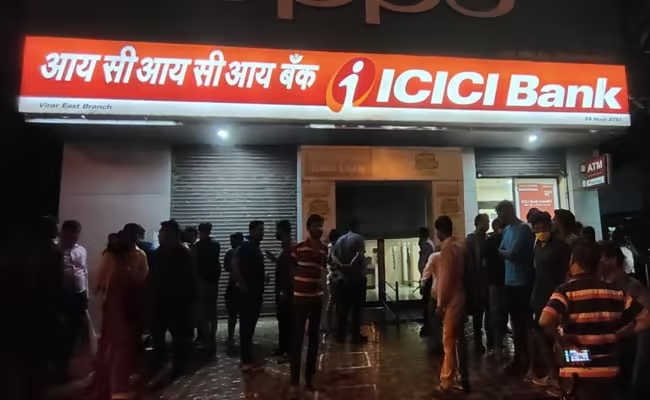ICICI Bank Increases Minimum Balance for New Accounts: Key Details
- August 9, 2025
- 0

ICICI Bank has announced a significant change in its savings account policy, increasing the minimum average monthly balance requirement for new accounts opened from August 1, 2025. This adjustment affects customers across metro, urban, semi-urban, and rural branches. The bank aims to attract a more premium customer base with this move, as stated by a banker quoted by NDTV Profit.
Under the new rules, customers opening savings accounts in metro and urban branches must maintain a minimum average monthly balance of Rs 50,000. This is a substantial increase from the previous requirement of Rs 10,000. For semi-urban areas, the threshold has been raised to Rs 25,000, while rural branches now require Rs 10,000. Existing customers will continue with the earlier limits, with many rural and semi-urban accounts retaining a Rs 5,000 minimum average monthly balance requirement.
Customers who do not meet the new minimum balance requirements will incur a penalty. The penalty will be either 6% of the shortfall amount or Rs 500, whichever is lower. These rules apply exclusively to accounts opened after August 1, 2025.
This increase by ICICI Bank comes at a time when several banks are reducing or eliminating minimum balance penalties. For instance, the State Bank of India has removed such charges entirely. HDFC Bank maintains a minimum average monthly balance requirement of Rs 10,000 in metro and urban branches and Rs 5,000 in semi-urban areas. HDFC’s DigiSave Youth Account requires an average monthly balance of Rs 5,000 and Rs 2,500 for different account types.
The increase in minimum balance requirements does not directly impact salary account holders. However, it highlights a growing disparity between income levels and banking requirements. With the average monthly income in India around Rs 33,000, the new Rs 50,000 requirement for metro and urban ICICI accounts exceeds many individuals’ entire monthly earnings. This could make maintaining such balances impractical without significant disposable income. If more banks adopt similar policies, premium account products might become standard in urban centers, potentially limiting options for lower-income customers in the private banking sector.